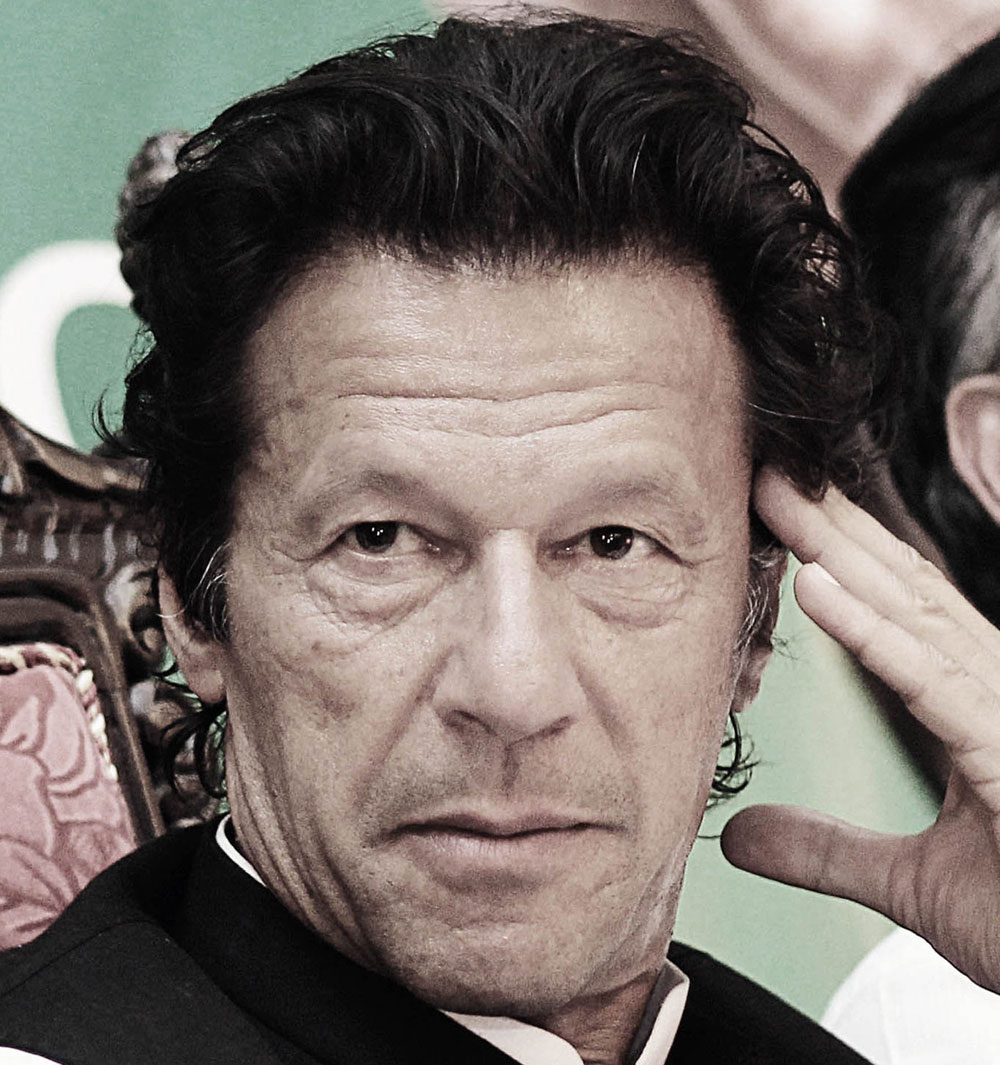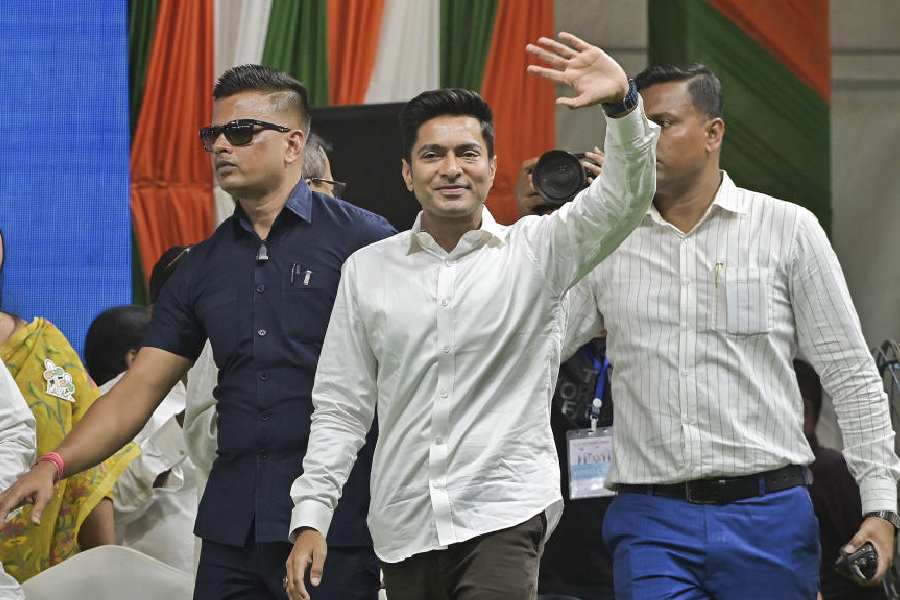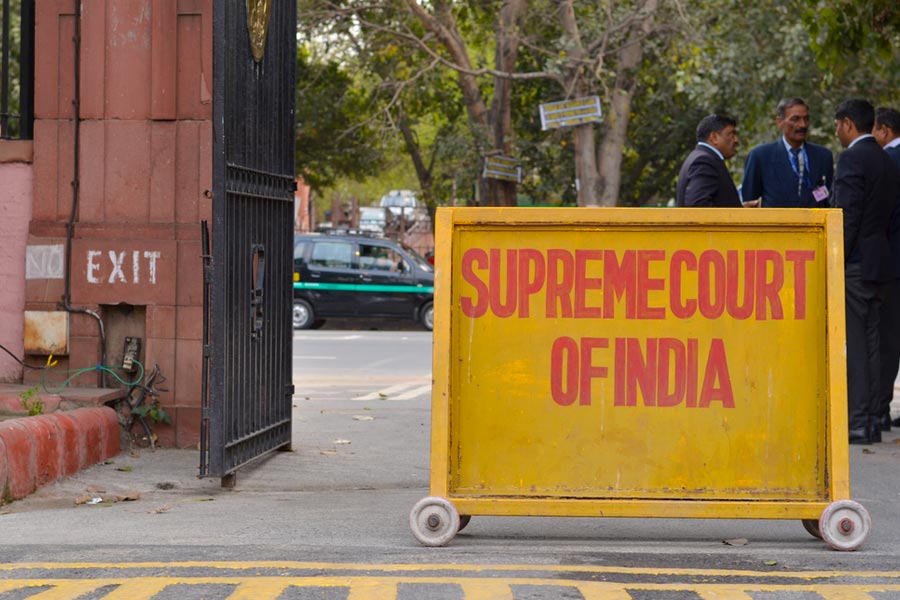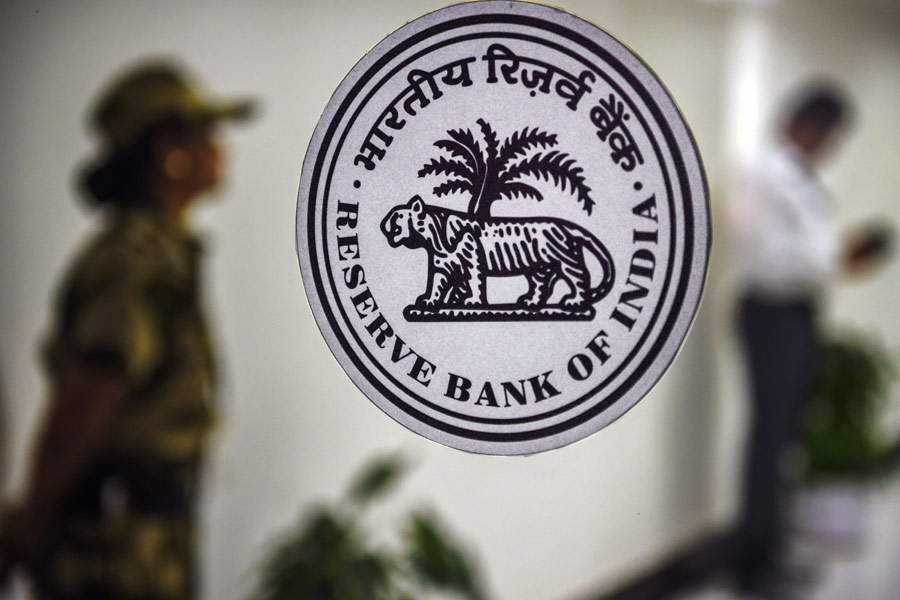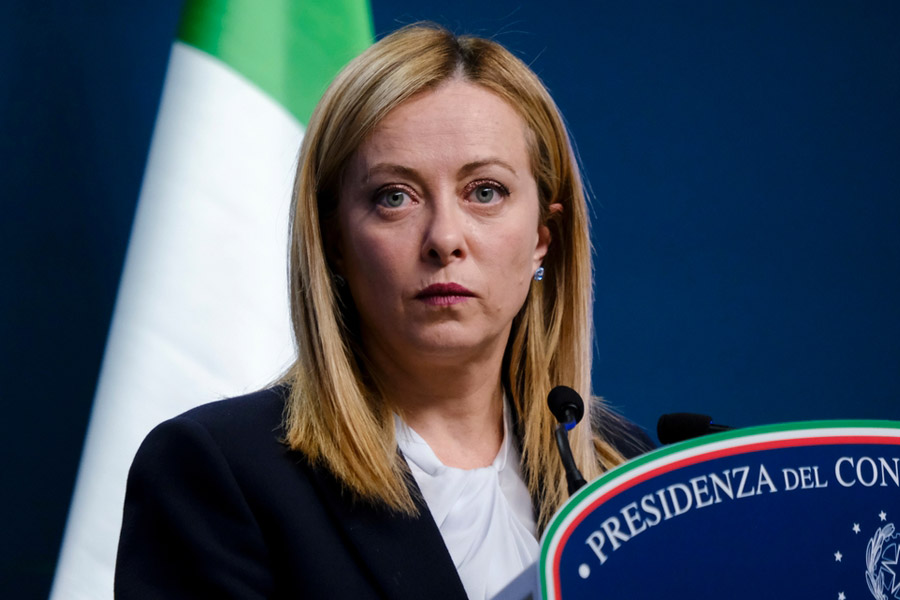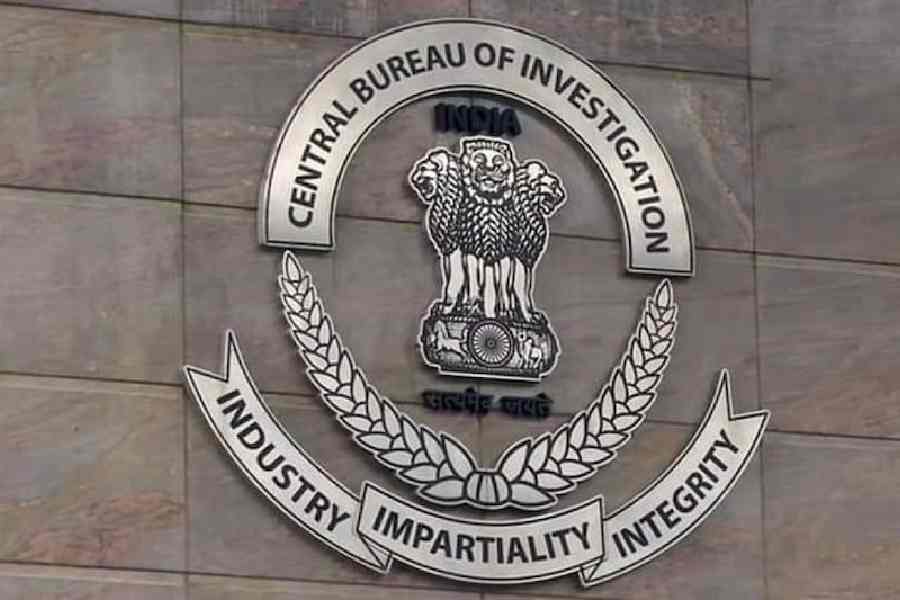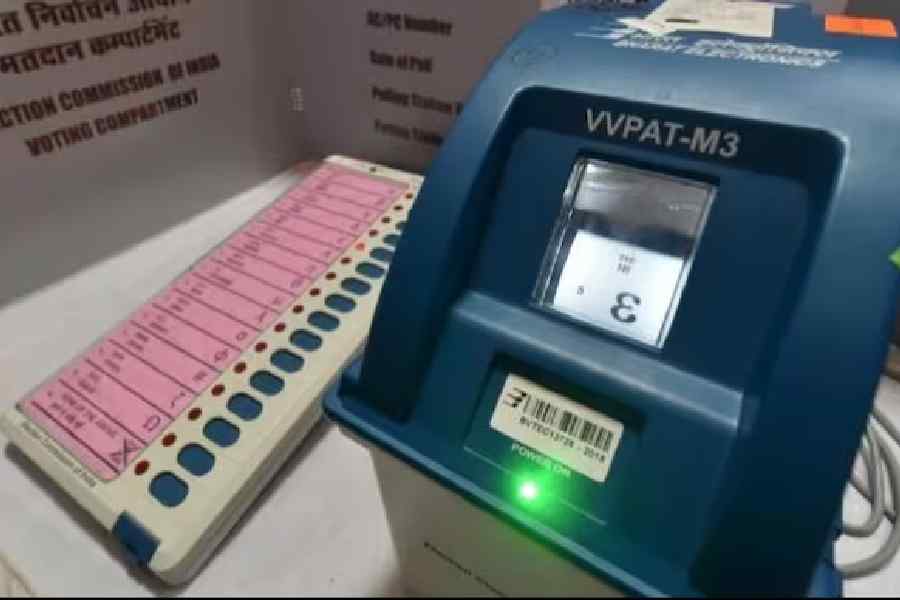Pledges have a high mortality rate. This is especially true of the promises made in the context of diplomacy between India and Pakistan. Pakistan’s mint-new prime minister, Imran Khan, had offered to resume dialogue with a proposed engagement between foreign ministers at the upcoming meeting of the United Nations general assembly in New York. India rejected the offer; the outrage over the killing of policemen in Kashmir by militants may have forced New Delhi’s hand. What is apparent, however, is the marked deterioration in the diplomatic rhetoric between the two nations. New Delhi alleged that the killings had exposed Pakistan’s “evil agenda”. Mr Khan responded in kind, describing the Indian leadership as a congregation of “small men occupying big offices”.
The war of words reflects the bitter nature of the stalemate between the neighbours. Given the rigid stances of the respective political constituencies, the opportunity to renew bilateral talks appears rather slim at the moment. The damage would be felt on both sides of the border. As prime-minister designate, Mr Khan had prioritized peace over acrimony with India. He had also made it clear that both sides should put an immediate stop to the blame game that is detrimental to diplomacy. Yet, Mr Khan seems to be vulnerable to the trappings of provocation. Diplomacy, if it is to come to fruition, cannot be premised upon the art of bravado. Mr Khan’s inexperience as a statesman in this regard would not come as a relief to his admirers. India, too, has given a poor account of itself in the course of the episode. Over the years, New Delhi has been persistent in its complaint that one of the road blocks to the success of diplomatic initiatives with Pakistan is the long arm of the army in that country. Rawalpindi’s resistance to peace on the border made it difficult for civilian governments in Islamabad to bury their differences with New Delhi. The present structure of power in Pakistan is supposed to be different. In fact, there is a line of thought that argues that Mr Khan has been propped up to the seat of power by a benevolent army. India seems to have wasted an opportunity to facilitate a meaningful dialogue at a time when the army finds itself on the same page as the civilian government in Pakistan. New Delhi’s inflexibility can be attributed to the Bharatiya Janata Party’s eagerness to view diplomacy through the lens of domestic politics. What else can explain Amit Shah’s imaginative charge that just like Pakistan, Rahul Gandhi — the Congress leader seems to have got the BJP’s goat — too wants Narendra Modi out of power?

